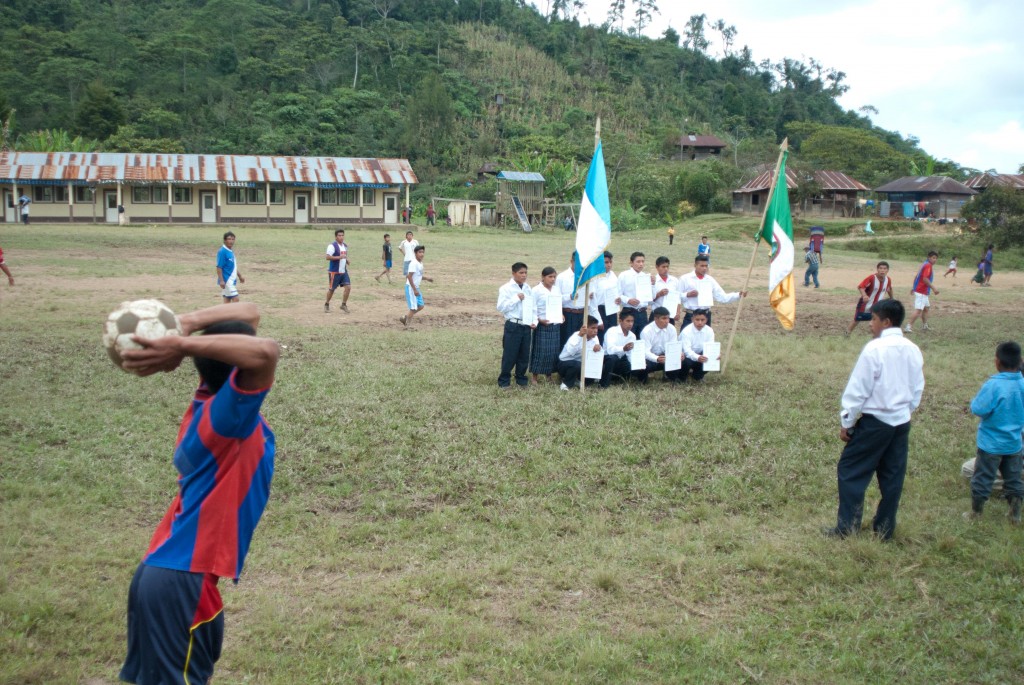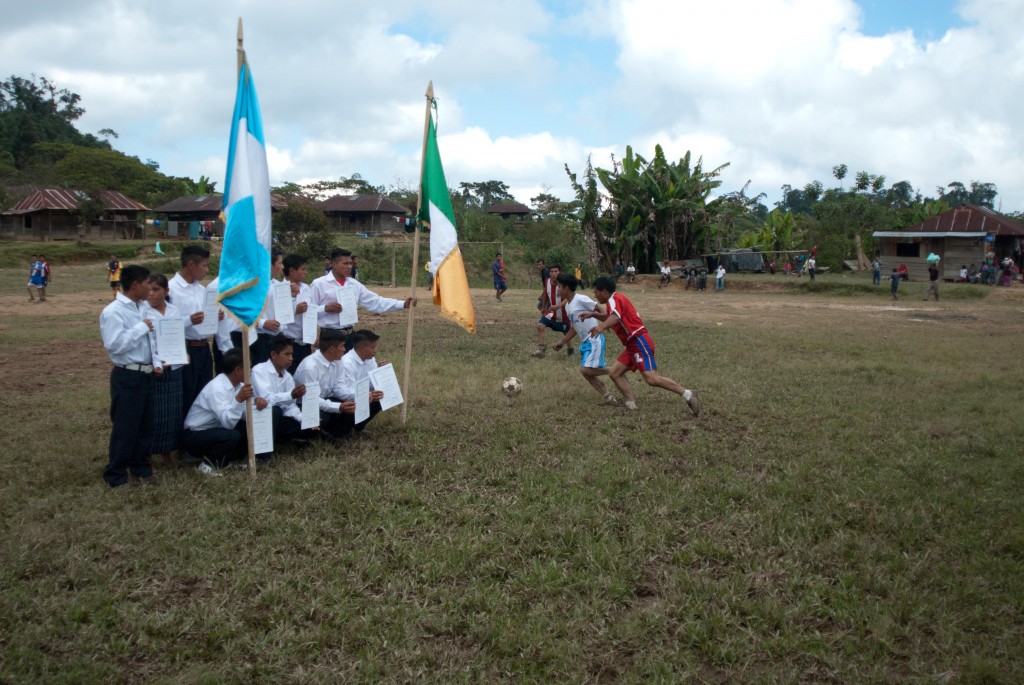Definitely one of my favorite short stories–also a true story, which makes it all the better.
Old Horse was the algebra instructor at the school where I teach. I don’t remember his real name anymore. But he had a long face with a big, square teeth, and so the students called him “Old Horse.”
Perhaps they would have liked him more if he hadn’t been so sarcastic. With his cutting remarks, Old Horse could force the most brazen student to stare at the floor in silence. Even the faculty had a healthy respect for his sharp tongue.
One day a boy named Jenkins flared back at Old Horse, “But I don’t understand this,” pointing to a part of the problem on the board.
“I’m doing the best I can considering the material I have to work with,” said Old Horse.
“You’re trying to make a jackass out of me,” said Jenkins, his face turning red.
“But, Jenkins, you make it so easy for me,” said Old Horse—and Jenkin’s eyes retreated to the floor.
Old Horse retired shortly after I came. Something went wrong with his liver or stomach and so he left. No one heard from him again.
One day, however, not too long before Old Horse left, a new boy came to school. Because he had buck teeth and a hare lip, everybody called him Rabbit. No one seemed to like Rabbit either. Most of the time he stood by himself chewing his fingernails.
Since Rabbit came to school in the middle of October, he had make-up work to do in algebra every day after school. Old Horse was surprisingly patient during these sessions. He would explain anything Rabbit asked. Rabbit in turn always did his homework. In fact, he came early to class, if he could manage it. Then, after the lesson, he would walk with Old Horse to the parking lot. One Friday, because of a faculty meeting, Old Horse didn’t meet with Rabbit. This afternoon I walked with Old Horse. We were passing the athletic field when suddenly he stopped and pointed. “What’s the matter with that one?” he asked. He was referring to Rabbit, standing alone, chewing his fingernails, while watching some boys pass a football.
“What do you mean?” I asked.
“Why doesn’t he play ball, too?” Old Horse demanded.
“Oh, you know how it is. He came in later than the others, and besides—“
“Besides what?”
“Well, he’s different, you know? He’ll fit in sooner or later.”
“No, no, no. That won’t do. They mustn’t leave him out like that.”
“Then we had to break off our conversation because Rabbit had hurried over to join with us. With a smile, he walked beside his teacher, asking him questions.
Suddenly, one of the boys from the athletic field called out, “Yea, Old Horse! Yea, Old Horse!”, and then he threw back his head and went, “Wheeeeeeeee!” like a horse’s whinny. Rabbit’s face reddened with embarrassment. Old Horse tossed his head, but said nothing.
The next day the students from my fifth hour class came to my room awfully excited. Old Horse had gone too far, they said. He ought to be fired. When I asked what had happened, the said he had picked on Rabbit. He had called on Rabbit first thing and deliberately made him look ridiculous.
Apparently Rabbit had gone to the board with confidence. But when he began to put down some numbers, Old horse said that they looked like animal tracks in the snow. Everyone snickered, and Rabbit got nervous.
Then Old Horse taunted him for a mistake in arithmetic. “No, no, no. Can’t you multiply now? Even a rabbit can do that.”
Everyone laughed, although they were surprised. They thought Rabbit was Old Horse’s pet. By now, Rabbit was so mixed up he just stood there, chewing his fingernails.
“Don’t nibble!” Old Horse shouted. “Those are your fingers, boy, not carrots!”
At that, Rabbit took his seat without being told and put his red face in his hands. But the class wasn’t laughing any more. They were silent with anger at Old Horse.
I went in to see Old Horse after my last class. I found him looking out the window.
“Now listen here—,“ I began, but he waved me into silence.
“Now, now, now, look at that. See?” He pointed to Rabbit walking to the athletic field with one of the boys who had complained about how mean Old Horse had been.
“Doesn’t he have special class with you now?” I asked after a moment.
“He doesn’t need that class anymore,” said Old Horse.
That afternoon I walked with Old Horse to the parking lot. He was in one of his impatient moods, so I didn’t try to say much. Suddenly, from the players on the athletic field, a wild chorus broke out. “Yea, Old Horse! Yea, Old Horse!” And then Rabbit, who was with them, stretched his long neck and screamed, “Wheeeeeeeee!”
Old Horse tossed his head as if a large fly were bothering him. But he said nothing.


